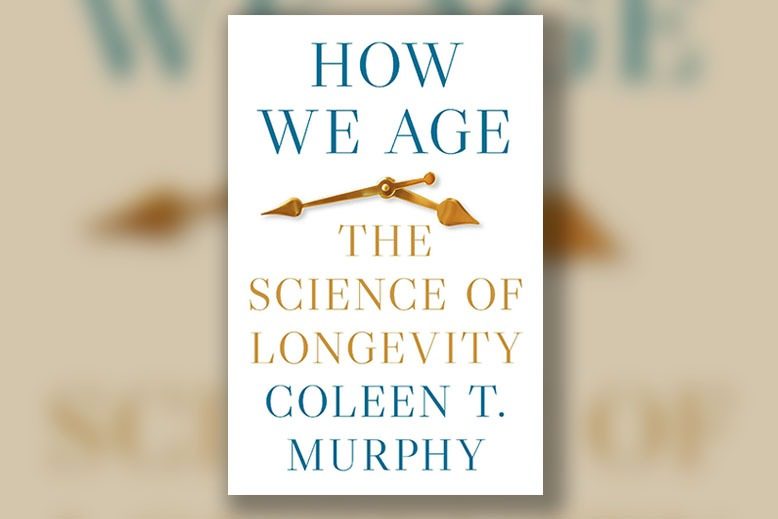
In the new book How We Age: The Science of Longevity (Princeton University Press), Coleen T. Murphy takes an informative deep dive into the research behind living longer and the aging process.
“I got into the aging field because I was fascinated with the question of how longevity and aging are controlled genetically and biochemically,” says Murphy, a professor of genomics and biology at Princeton University since 2005.
The book incorporates her research at Princeton and examines how aging affects other animals and its potential implications for humans. She worked with Dr. Cynthia Kenyon, whose experiments with a small worm, the nematode Caenorhabditis elegans, found that changing a single gene could double the animal’s life span. Gene-editing technology offers the potential to treat, cure, or prevent diseases in people.
Murphy notes that exercising regularly, eating a proper diet, and getting enough sleep are actions anyone can take to live longer. Other factors play a role: one study found marriage increases the life span of men by almost two years, but decreases the life span of women by just over a year.
Drug manufacturers are taking steps to ease medical conditions and enhance people’s quality of life.
“There are a lot of companies testing their drugs for various aspects of aging and frailty, such as sarcopenia (muscle aging) and arthritis, since aging itself is not considered a disease,” the Princeton resident says. “Eventually, there might be drugs for treatments of aging-like phenomena, such as the issues that cancer survivors, especially problems that adult survivors of childhood chemotherapy treatment, experience.”
Could a drug be developed to slow the aging process? Murphy, who also serves as director of Princeton’s Glenn Foundation for Research on Aging, is skeptical about the immediate prospects.
“Realistically, it would be really time-consuming and expensive to do clinical trials for longevity,” she says. “Most likely, in the near term, age-related diseases, rather than aging, will be the target of drugs developed for aging.”
No one knows New Jersey like we do. Sign up for one of our free newsletters here. Want a print magazine mailed to you? Purchase an issue from our online store.



